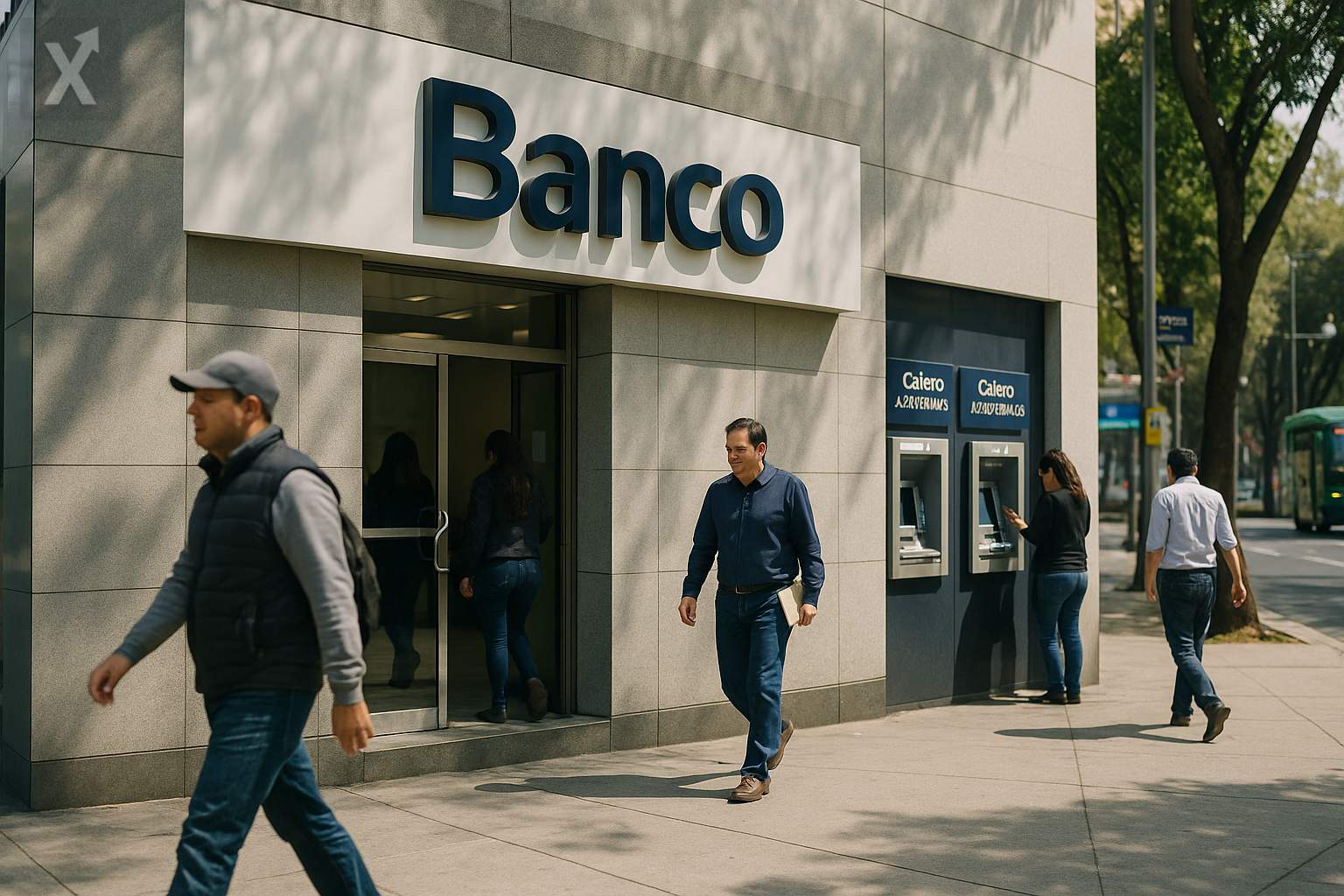Prolonged Financial Investigations Define the Mexican Banking Landscape

The recent intervention by Mexico’s National Banking and Securities Commission (CNBV) in Vector, Intercam, and CI Banco signals a process that could stretch on for more than a year, marking a pivotal moment for financial regulation in the country. On June 26, the supervisory authority announced the appointment of interim managers at these institutions, a measure implemented in response to suspected operations linked to money laundering. While this intervention does not mean that client operations are suspended, it does entail stricter internal oversight within the affected banks.
Compliance and anti-corruption experts warn that investigations of this nature can be quite prolonged, especially when they involve international cooperation. Historically, similar processes have lasted anywhere from a year and a half to as long as seven years, depending on the complexity of each case and the level of coordination between regulatory agencies in Mexico and abroad. High-profile examples like the Walmart, Siemens, and Odebrecht cases demonstrate that thorough, time-consuming investigations are necessary to clarify responsibilities and safeguard the integrity of the financial system.
The primary goal of the CNBV’s intervention is to reassure both users and the markets about the stability and soundness of the Mexican banking system. This move also sends a clear zero-tolerance message regarding potential financial crimes and positions Mexico as a country committed to strong cooperation with international agencies such as the Financial Intelligence Unit (UIF) and the U.S. Financial Crimes Enforcement Network (FinCEN). If full cooperation is achieved, investigations could proceed more swiftly; otherwise, the lack of international synergy could make the process significantly longer and costlier for all parties involved.
As for the clients and depositors in the intervened banks, authorities have reassured the public that users’ funds and services are not under any immediate threat, provided that their transactions occur within national territory. There are no indications that customers are being investigated simply for having accounts or investments at these institutions. Nevertheless, there will be close monitoring of internal transactions to identify any possible irregularities.
This case takes on even greater significance against a global backdrop of tougher sanctions and heightened scrutiny of entities and individuals involved in money laundering, especially those linked to drug trafficking. Adding to this is the recent announcement by the U.S. government of new immigration and financial restrictions targeting individuals implicated in illicit activities on an international scale. These measures clearly show that bilateral cooperation will be crucial to addressing the challenges facing the sector.
Going forward, the direction and duration of these investigations will depend on Mexican authorities’ ability to coordinate effectively with their international counterparts, as well as on financial institutions’ commitment to reinforcing their internal controls and anti-financial crime policies. Market observers and the general public will closely monitor developments, aware that trust in the financial system is crucial for the country’s economic growth.
In summary, the CNBV’s intervention in Mexican banks highlights both the challenges and the determination to strengthen the integrity of the national financial system amid growing international scrutiny. While clients can continue operating normally for now, these actions underline the need for robust oversight mechanisms and international collaboration to prevent and penalize any illicit practices that could threaten Mexico’s economic stability.





